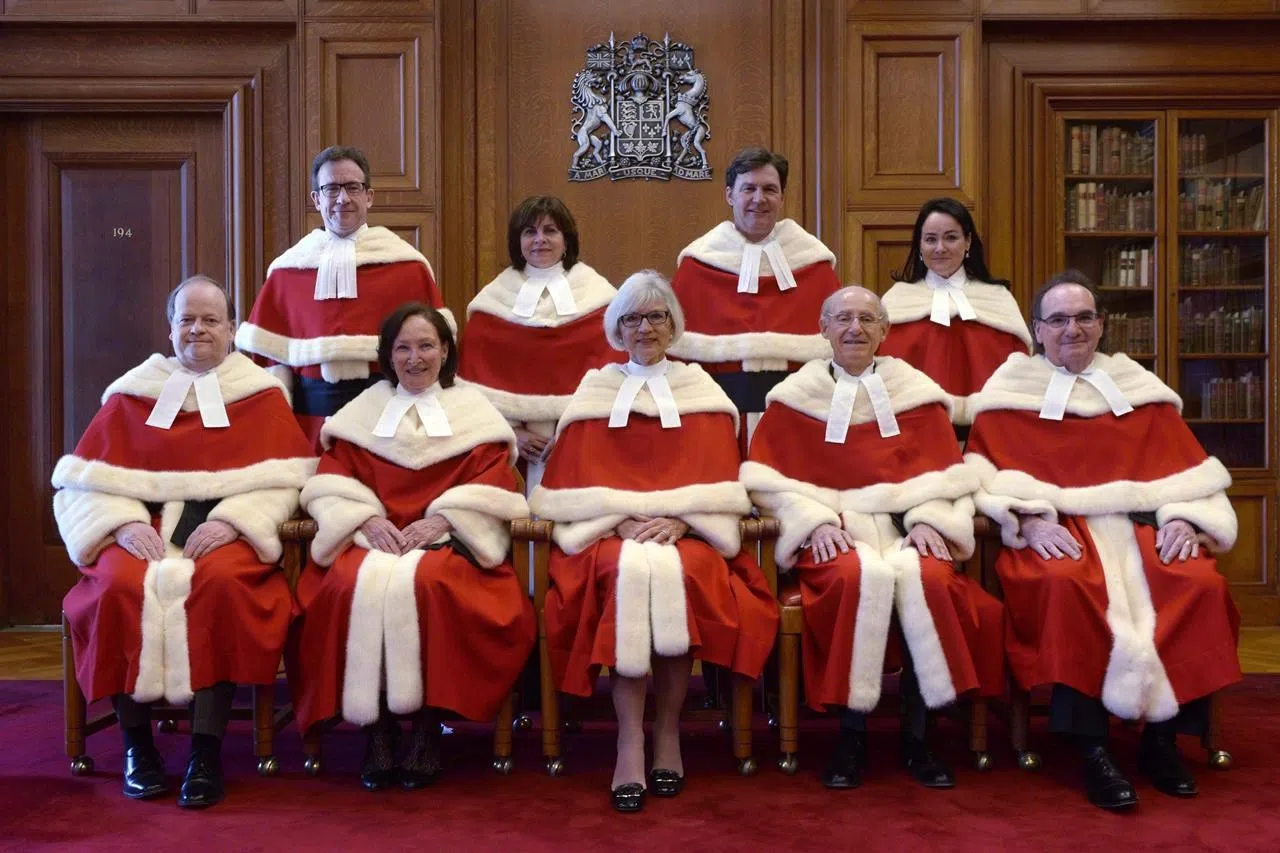
East Coast lawyers file legal challenge of changes to Supreme Court appointments
HALIFAX — Trial lawyers from across Atlantic Canada are taking Ottawa to court to ensure the region keeps its traditional Supreme Court of Canada seat, saying Prime Minister Justin Trudeau can’t change the custom without the approval of every province.
Trudeau has said regional representation among the top court’s judges is important, but he has yet to commit to replacing a retired justice from Nova Scotia with someone from the same region, arguing that other forms of diversity are just as important.
The Atlantic Provinces Trial Lawyers Association said Monday it is seeking an order from the Nova Scotia Supreme Court that would require Ottawa to amend the Constitution if it wants to drop regional representation as an unwritten constitutional convention.
Such a change would require unanimous consent of the provinces, the association said.



